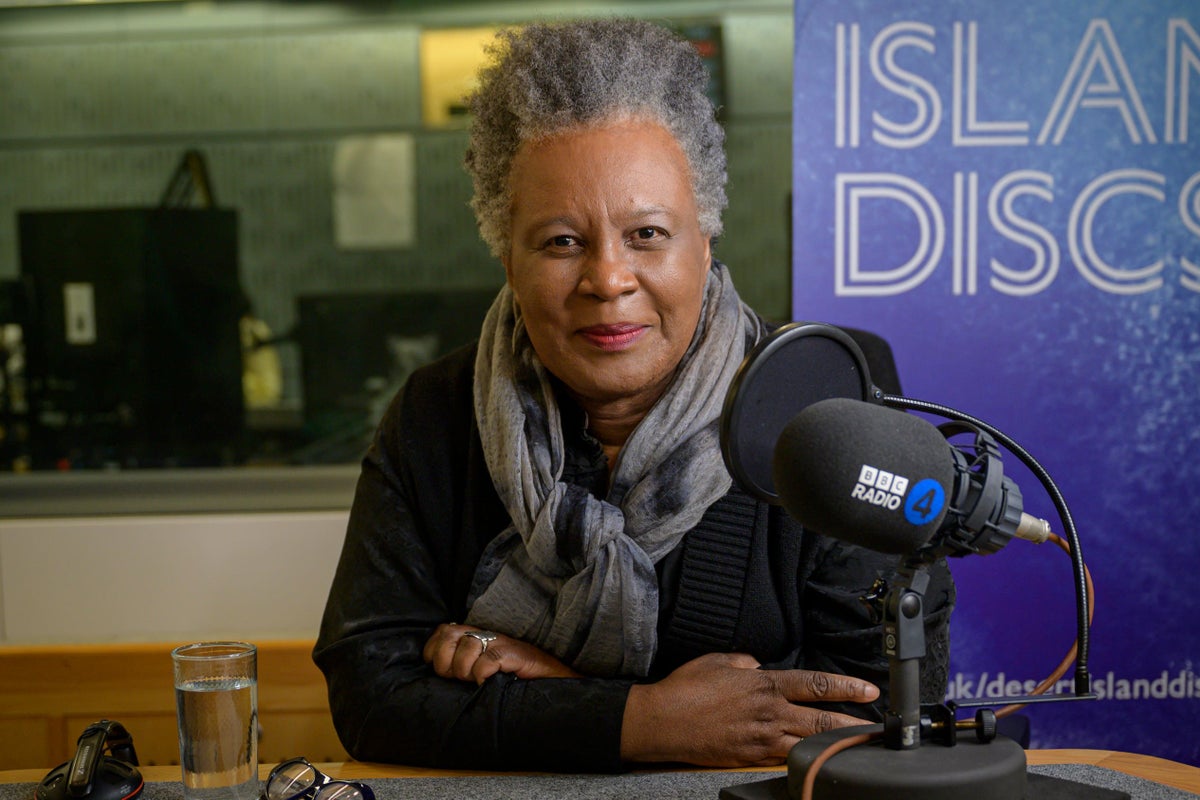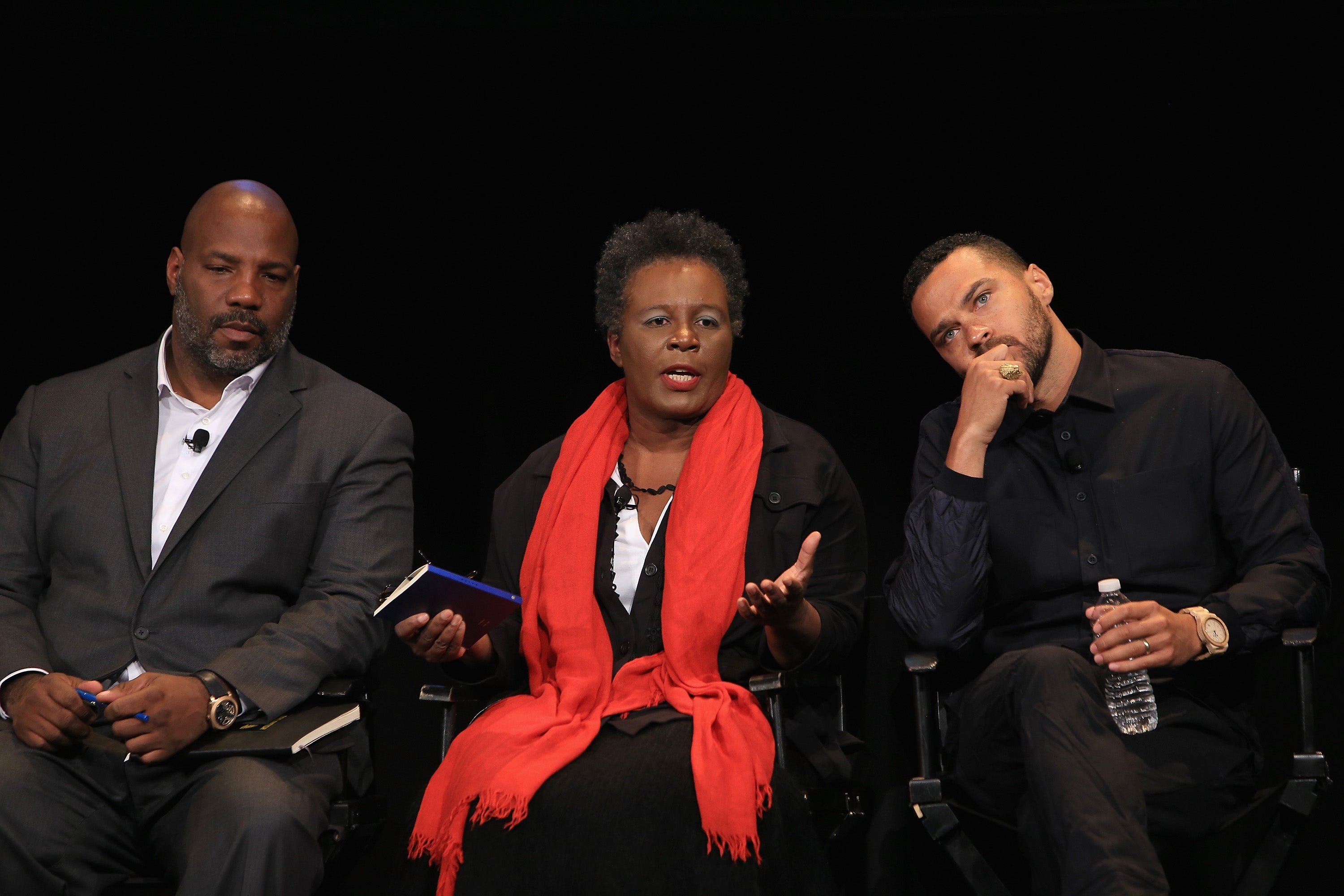
Claudia Rankine has opened up about learning that she was conceived as a “product of rape” and how it changed her feelings about her mother.
The award-winning US poet said that the discovery, which was made before she got married, gave her “more compassion” for her mother.
The 59-year-old said the pair became “women who shared something” and she had felt “released” by knowing she was not “biologically attached” to the violent man she thought to be her father.
Rankine is best known for her award-winning book Citizen: An American Lyric, which became a New York Times bestseller.
It combines short stories about everyday injustices experienced by people of colour with poems telling the stories of black men who died during confrontations with the police.
In an intimate discussion on BBC Radio Four’s Desert Island Discs, the poet discussed her own life experiences, including being “frightened” by her “father”, and being stopped by police with her husband – who is white.
She recalled how her mother had revealed the truth about her conception after she had gone to retrieve her birth certificate ahead of her marriage.
“She said on the birth certificate, you’ll see where it says ‘father’, there’s nothing,” she said.
“It turns out she had been raped. And I was a product of that rape. Her gratitude to him, to my father, was that he had agreed to marry her knowing she was pregnant.”
Rankine said she had immediately asked about her biological father, recalling that her mother had given her “a name” but it “came in and went very quickly”.

“Now if I asked her, she said she doesn’t remember. So it’s as if whatever happened in that conversation, came out and then was locked up again,” she said.
She added: “I’ve had a lot of therapy in my life, and I think I understand it. She carries what she can bear and it gave me much more compassion for my mother.
“We became women who shared something. Instead of a daughter who was critical of her inability to leave, I became a woman who was compassionate about her trauma.”
Asked how she had felt learning the news, she replied: “There was something about being released from him – that I wasn’t biologically attached to that rage.”
Rankine said her “father” had been “politically engaged” but was “very volatile” and brought his rage home from his workplace.
She added: “He was violent, and it was the kind of violence that you never knew was coming.
“I was frightened, it made me even in school, very cautious.”
Rankine said her work aimed to show the “weathering” caused by the experience of people of colour, which occurred through the “small moments”, often referred to as “paper cuts”.
“You have two black people in the room, and your colleagues call you by the other person’s name,” she said.
“You have people telling you that the only reason you got into school was because of affirmative action or that you have their job... even though you clearly are there out of merit.
“You swallow so much... and then in the news somebody has been killed by the police because they’re black. And so you see how it amplifies.”
Desert Island Discs airs on BBC Sounds and BBC Radio Four at 11.15am on Sunday 11 June.
Reporting by PA
If you have been affected by rape or sexual abuse, you can contact the Rape Crisis national helpline on 0808 802 9999 or visit rapecrisis.org.uk.







